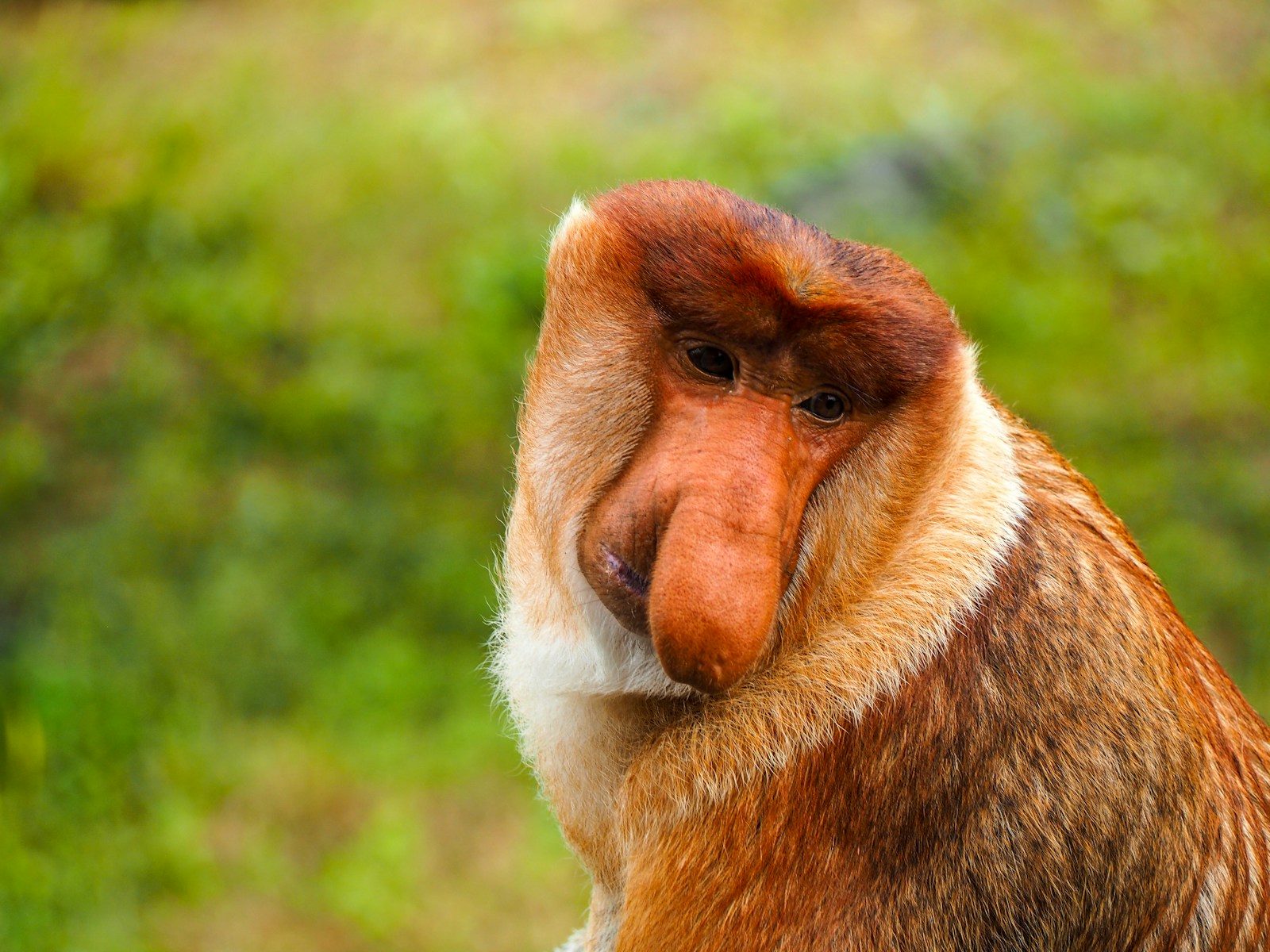
Rüssel

proboscis
The German word 'Rüssel' is used to describe a long, flexible snout or trunk, similar to the English term 'proboscis'. It is often used in reference to animals such as elephants, tapirs, and some insects. In a broader sense, it can also refer to any long, protruding organ or structure, such as the trunk of an elephant or the snout of a tapir.
Example sentences using: Rüssel
Der Elefant hat einen langen Rüssel.

The elephant has a long trunk.
This example is used to point out one of the body parts of an elephant, which is its trunk. In German, the word 'Rüssel' specifically stands for an elephant's trunk, or in general usage for the snout or proboscis of an animal.
Er benutzt den Rüssel zum Essen.

He uses the trunk for eating.
This sentence refers to animals (e.g. elephants) that use their trunk ('Rüssel') for feeding. It's a common way in German to describe the utility of the trunk for these types of animals.
Er kann seinen Rüssel bewegen.

He can move his trunk.
This example is used to describe the ability of an animal, like an elephant, to move its trunk ('Rüssel'). This phrase demonstrates the use of ‘Rüssel’ while talking about the functionalities of body parts of certain animals.